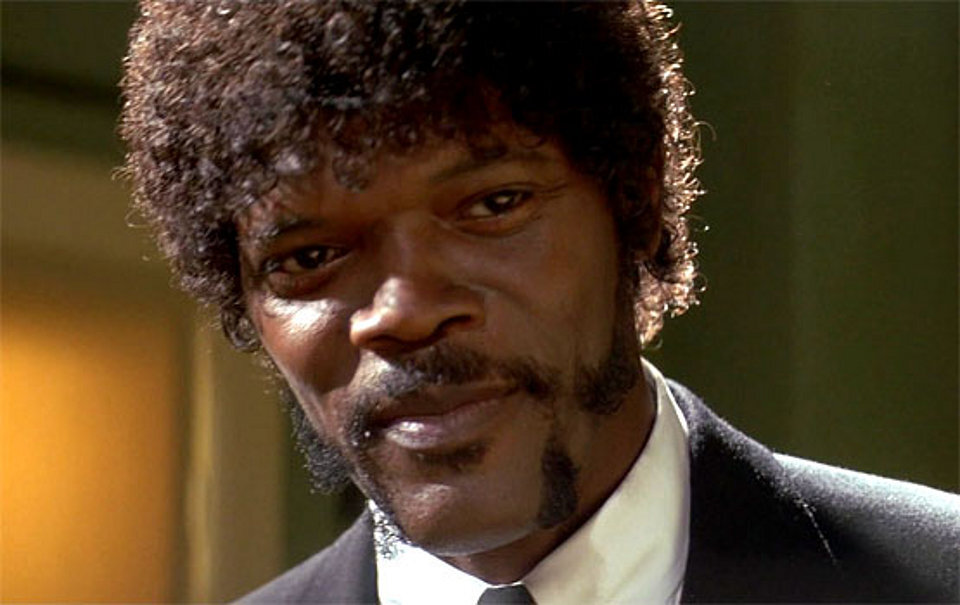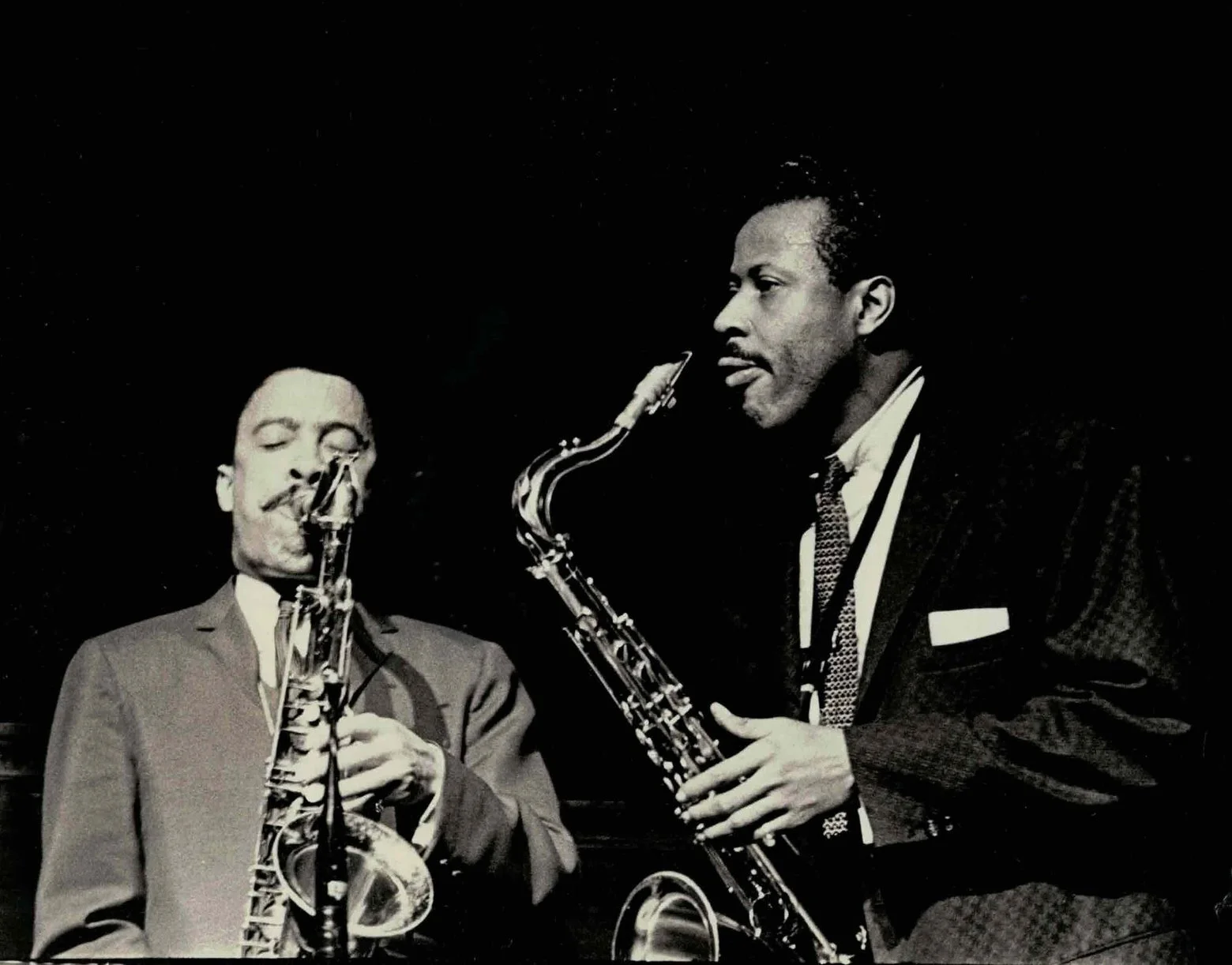I Dare You: A Provocative Challenge
Samuel L. Jackson in Pulp Fiction
Can you remember a time as a kid when we were dared to do something? "I dare you" meant being goaded into doing something gross, scary, or even dangerous. It was usually something that your friends knew you’d be afraid of, be embarrassed by, or was a little outside your moral compass. They wanted to see if you would actually do it. And if the instigator thought it was harder or naughtier than a regular dare, it became a double-dare. Did you step up to the test?
Sam Jackson’s character in Pulp Fiction was certainly scary in a hostage scene when he said, “Say 'what' again. Say 'what' again, I dare you, I double dare you m******er, say ‘what’ one more goddamn time!”
At a COVID-19 press conference, Governor Cuomo threw down the gauntlet: “To the Senate … I say, pass a law allowing states to declare bankruptcy. I dare you. And let the President sign that bill … your suggestion Senator McConnell, pass the law. I dare you.” No news on the response as of yet . . .
A Jazz Definition
Johnny Griffin and Eddie “Lockjaw” Davis, famous for jazz tenor sax battles
Legendary saxophonist and composer Wayne Shorter said that his definition of jazz is “I dare you.” It is a dare “to go beyond your own boundaries.” Because this is a leap into the unknown, this can be looked at as a dare to find meaning.
Musical battles dating back to the early days of jazz called cutting contests can be viewed as a quintessential dare. These contests demonstrated musical “antagonistic cooperation” between two musicians, on the same instrument, challenging each other in a “friendly” rivalry. The victory was the enthusiasm and excitement from the patrons experiencing an incredible musical display. Two of the most famous battles were held at the Savoy Ballroom, one in 1937 between the bands of Chick Webb and Benny Goodman, and another in 1938 between Chick Webb and Count Basie’s Orchestra.
These days, the cutting contest is more likely to take the form of "trading fours," each musician conversing, in four musical bars a piece, responding to the improvisational statements of the other. In their solos, musicians dig deep to articulate their sound and express their style, stepping into the dare realm Wayne Shorter sees as essential.
A dare can be a provocative challenge to muster the courage to meet a situation and show what you’re made of.
Science of Courage
The people who have the highest courage quotients are those who . . . are able to get a handle on their own anxiety as well as find ways to boost their own sense of agency and take action.
– Robert Biswas-Diener
Courage is the willingness to act even in the face of risk, uncertainty, and fear. More than likely, we’ve all experienced some or all of these feelings over the past few months.
Author of The Courage Quotient, Robert Biswas-Diener, defines our courage quotient as having two variables: our "willingness to act" and our "ability to control fear." When you successfully do both, you are more likely to “face challenges with grace, connect with and inspire others, and be a force for good.”
According to Biswas-Diener, courage can be learned and increased if we:
Understand courage as personal, such as acting on a fear that limits you, and as general, when you take a dramatic action that helps someone else.
Recognize our own extraordinary behavior, instead of dismissing it as ordinary.
Think of ourselves in a courageous role, which can give us the power to act boldly when the need arises.
Be willing to fail because failure is inevitable, but often beneficial as a growth opportunity.
Create meaningful goals with a “promotion focus”—meaning that you’re playing to WIN rather than playing not to lose.
The take-home message here for you, and for your courage quotient, is to not treat mistakes as though they are barely acceptable but to embrace them as if they were your friends and also gateways to creativity, confidence, and spontaneity.
— Robert Biswas-Diener
Cognitive neuroscience tells us that courage can be strengthened through neuroplasticity, the ability of the brain to change continuously throughout our life. The more we dare to confront our fears, the more our brains wire for courage. Enacting courage shifts us from paralysis and fear to confront the challenges to make our lives, and the lives of those around us, better.
Courage in Leadership
Courage informs and enhances leadership caliber via the mental and moral strength to confront and persevere through fear or difficulty. Courage develops accountability, builds our capacity to handle conflict, and allows us to operate from our highest values. A leader who consciously chooses to recognize fear-based patterns and re-frame them can create new neural pathways towards inspired action.
What would building your courage quotient look like? I dare you to find out!




